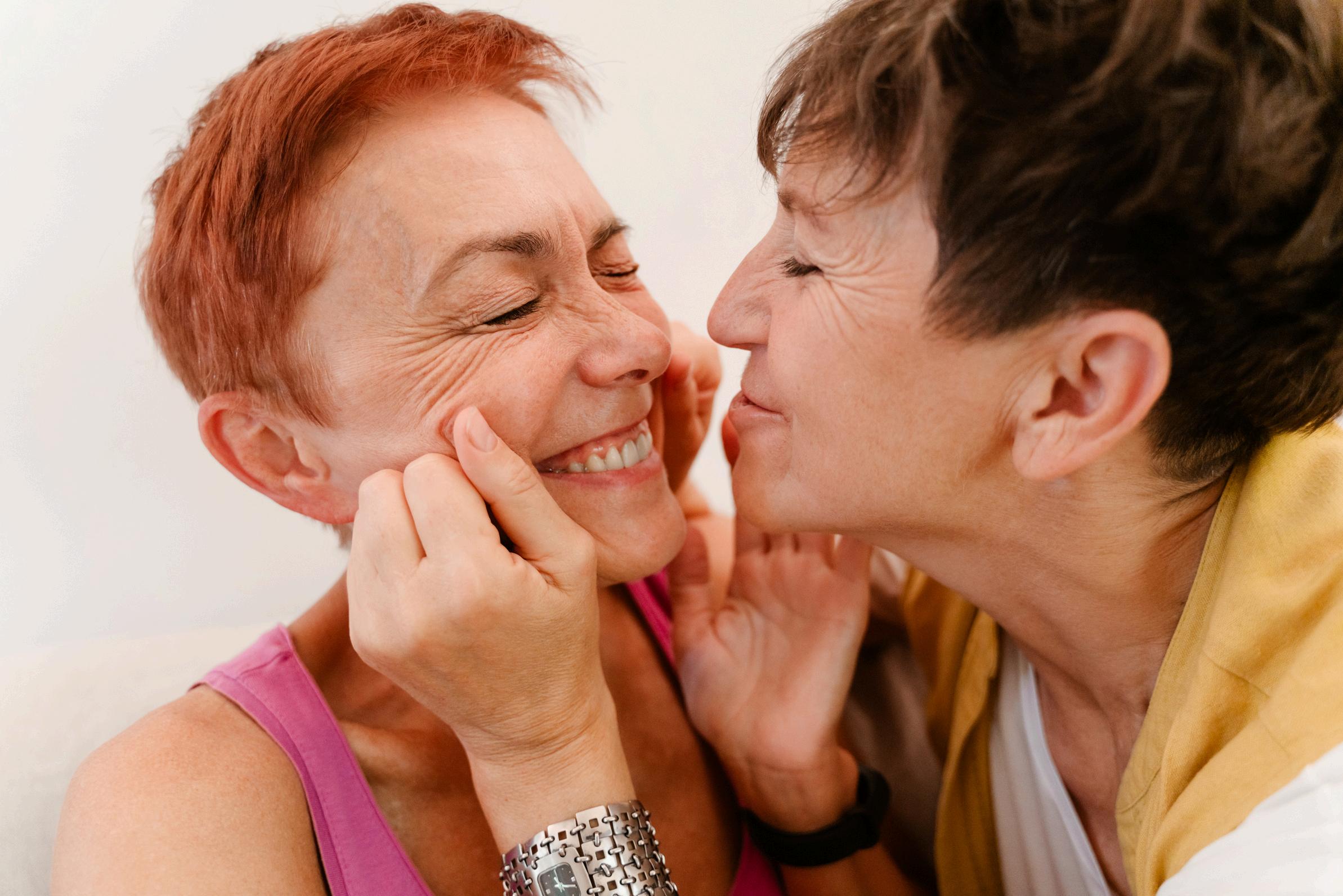
1 minute read
The State of Social Connection: A Life Course Matter Ageing and Social Connection cont'd
Then, without warning, as part of the experiment, the two [virtual] playmates would exclude you and only throw the ball amongst themselves. The response of the participant shown via the FMRI scan when this happened was part of the brain that is activated and lights up is the same part of the brain that is activated when one experiences physical pain as though someone took a hammerandhityourhand!Thatreallybroughthometomejusthowwiredweareforinclusion.
A well-known Harvard study on longevity also shows the importance of social connection in having a happy, healthy longer life, while other studies on ageing affirm that men who are happily married live longer lives than those who are not married, and the quality of our social networksarealsoimportantinensuringourhappinessandlongevity.
As a society, we have come a long way with recognizing the fluidity of gender constructs, and that as we mature, there can be different identities emerging, with some people realizing that they have a preference for same-sex romantic relationships or that their internal sense of self is not aligned with the biologicalsextheycameintotheworldas.
The LGBTQI community still face many challenges in a highly gendered society where, historically, gender has been seen as binary, with social roles and constructs attached to thetwocategoriesofmaleandfemale.
Further, the cultural expectations that accompany these social constructs leave a narrow set of expectations that one feels an obligation to fulfill to belong. This intersectionality of age and gender can leave us feeling a step outside of societal membership if there aren’t social roles, rituals, and milestones to validate your identity as you progress from middle-aged into later life, and it becomes more challenging for individuals who find themselves needing high levels of care in late life without those strong social supports.
In the focus groups I ran for my research on ageing and transitioning through life stages, people between sixty and eighty-five spoke about the importance of needing an activity to go on with once they had ‘retired’ because they felt like they were giving back, contributing, but also that they belonged to something bigger than themselves. We cannot underestimate the power of belonging, and as a society, I think we are still finding our way to re-imagining what ageing and longevity look like in the state beyond midlife. We all ‘feel young’ owing to a well-known ‘youthage phenomenon’ where we don’t necessarily feel our biological age, but there remains a disconnect between societal perceptions, supporting rituals and a platform to transform our midlife and past milestones into a regenerative culminating chapter of transformation and belonging within our workplaces and wider society.









